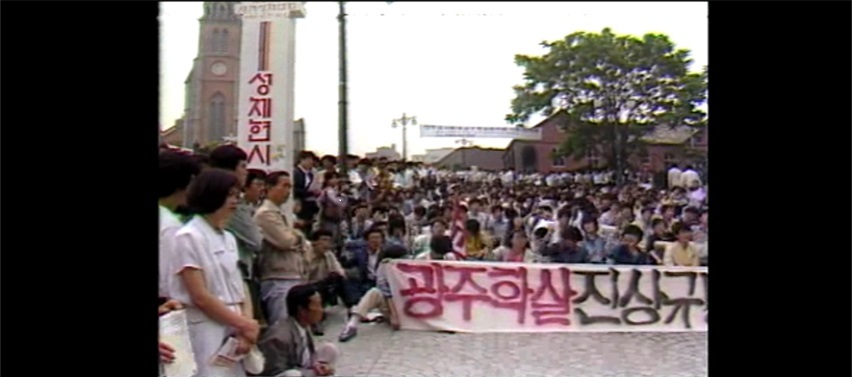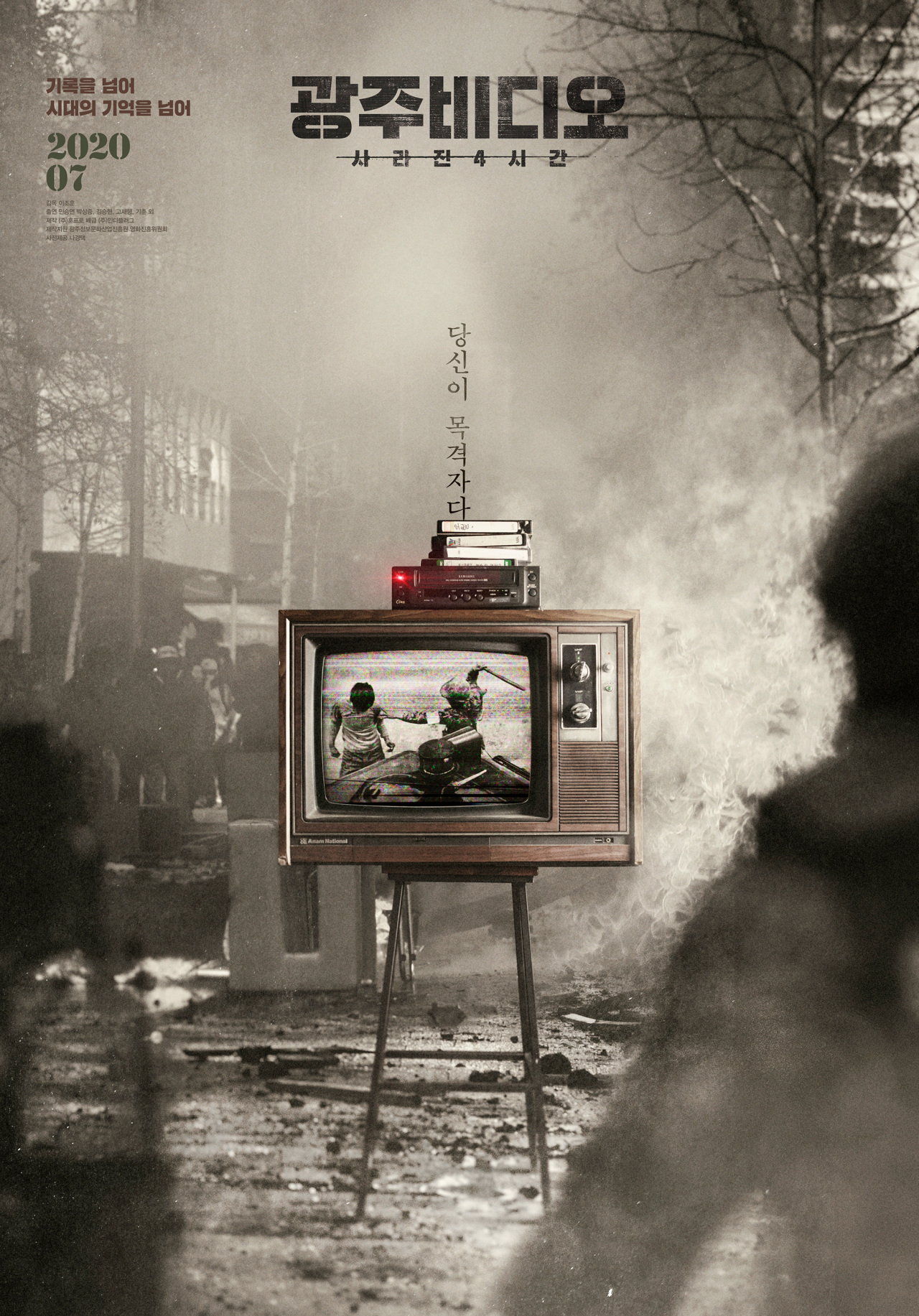Gwangju Uprising: 40th anniversary, missing 4 hours
Documentary sheds new light of ‘Gwangju Video’
By Choi Ji-wonPublished : July 1, 2020 - 18:30

At around 1 p.m. on May 21, 1980, some 200 protestors stood in front of the South Jeolla Provincial Office building in Gwangju, confronting armed soldiers. With the sound of the national anthem as the signal, the military, from both the ground and air, opened fire on the civilians.
Only a picture of a wounded protestor being pulled away on the street remains from that afternoon, during which 54 civilians were killed. No one -- not even journalists, local or foreign, who reported about the Gwangju Democratic Uprising -- remembers taking a video of the scene or witnessing one.
Marking the 40th anniversary of the May 18 Gwangju Democratization Movement, documentary director Lee Jo-hoon had intended to make a film simply tracing how the “Gwangju Video” -- an amalgamation of video reports from a foreign journalist -- was made. But, as he dug into the case, he discovered the whole four hours were missing from all historical records and refocused his efforts to find the missing records in his film.
“The initial plan was to make a film on how the ‘Gwangju Video’ was produced, reproduced and disseminated. I planned to end the film with the victims and witnesses from Gwangju showing support for the Hong Kong pro-democracy movement,” Lee said during a promotional event held about the documentary "Gwangju Video: The Missing" in Seoul on Wednesday.
Through the documentary, Lee hints that any footage or pictures from the day would have been seized by authorities and kept hidden even until now. The director said he is still in the process of researching their exact whereabouts and hopes to make a separate film about the missing hours in the future.

Born and raised in Gwangju, Lee, 47, said he had always felt indebted to the sacrifices of Gwangju protestors as a filmmaker. Only 7 years old when the Gwangju Democratic Uprising took place, Lee says his friends and family are both victims and witnesses.
“We tried our best to make a film that even foreigners who are unaware of the May 18 incident can understand. I organized the footage in chronological order and interpreted what messages they can give for modern society,” Lee said, adding, “escaping from the victims’ perspective -- which we have focused on until now -- I wanted to guarantee objectivity in how we view and analyze history and find out where we are in history.”
Lee said the documentary is anticipating premieres in a number of Asian countries, including Taiwan and Japan.
The first 50 minutes of the documentary focusing on the making of “Gwangju Video” aired on KBS in May. The final version of the documentary, including his search for the missing four hours, will hit local theaters this month.
By Choi Ji-won (jwc@heraldcorp.com)








![[KH Explains] How should Korea adjust its trade defenses against Chinese EVs?](http://res.heraldm.com/phpwas/restmb_idxmake.php?idx=644&simg=/content/image/2024/04/15/20240415050562_0.jpg&u=20240415144419)











![[Today’s K-pop] Stray Kids to return soon: report](http://res.heraldm.com/phpwas/restmb_idxmake.php?idx=642&simg=/content/image/2024/04/16/20240416050713_0.jpg&u=)